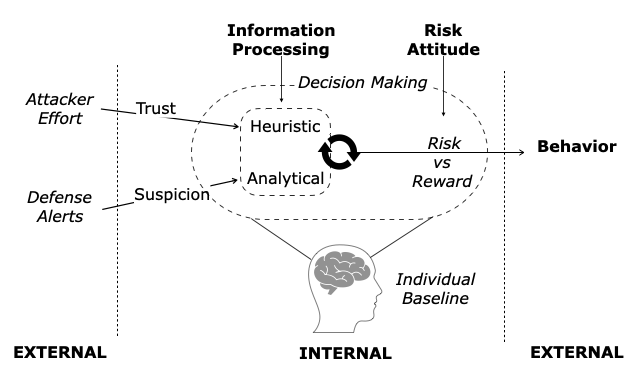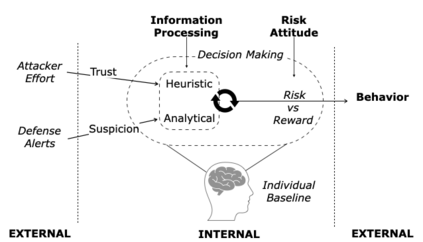Social engineering attacks are a major cyber threat because they often serve as a first step for an attacker to break into an otherwise well-defended network, steal victims' credentials, and cause financial losses. The problem has received due amount of attention with many publications proposing defenses against them. Despite this, the situation has not improved. In this paper, we aim to understand and explain this phenomenon by looking into the root cause of the problem. To this end, we examine the literature on attacks and defenses through a unique lens we propose -- {\em psychological factors (PFs) and techniques (PTs)}. We find that there is a big discrepancy between attacks and defenses: Attacks have deliberately exploited PFs by leveraging PTs, but defenses rarely take either of these into consideration, preferring technical solutions. This explains why existing defenses have achieved limited success. This prompts us to propose a roadmap for a more systematic approach towards designing effective defenses against social engineering attacks.
翻译:社会工程攻击是一个重大的网络威胁,因为攻击者往往以攻击者进入本来有保障的网络的第一步,窃取受害者的证件,并造成财政损失。问题已经得到了足够的关注,许多出版物都提出要对付他们。尽管如此,情况并没有改善。在本文件中,我们的目标是通过研究问题的根源来理解和解释这一现象。为此,我们通过我们提议的独特的视角 -- -- 心理因素和技术 -- -- 来研究关于攻击和防御的文献。我们发现,攻击与防御之间有很大的差别:攻击通过利用创伤后应激反应来故意利用私人融资,但国防很少考虑到其中的任何一种,而是倾向于技术解决办法。这就是为什么现有的国防取得了有限的成功。这促使我们提出一个路线图,以更系统的方法设计有效的防御社会工程攻击。





